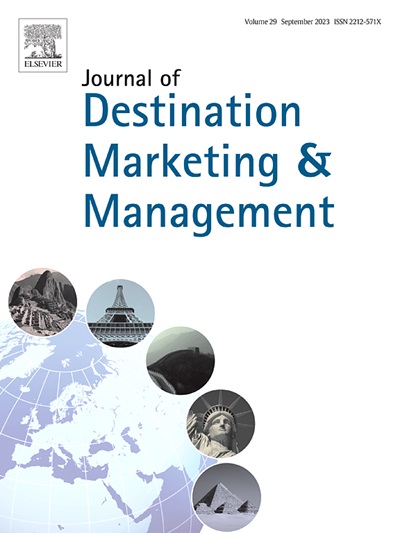Eliciting small island tourists’ ecological protection, water conservation, and waste reduction behaviours
Abstract
Small island destinations possess fragile ecosystems that are susceptible to the effects of tourism. Ensuring sustainability in these destinations is undoubtedly of utmost importance. This research delved into the fundamental cognitive, affective, and normative processes underlying tourists' intentions toward ecological protection, water conservation, and waste reduction during their visits to small island destinations. Additionally, the study examined the moderating role of environmental protection activities in everyday life. Cutting-edge statistical methods, specifically generalized structured component analysis with measurement errors incorporated and necessary condition analysis, were applied to validate a theoretical model and uncover the crucial factors influencing tourists' intentions concerning environmental protection. The findings categorised the predictive constructs into four groups: necessary and sufficient, necessary but insufficient, unnecessary but sufficient, and unnecessary and insufficient. Our findings shed light on the essential and/or nonessential factors that shape tourists’ ecological intentions in small island destinations.

 求助内容:
求助内容: 应助结果提醒方式:
应助结果提醒方式:


